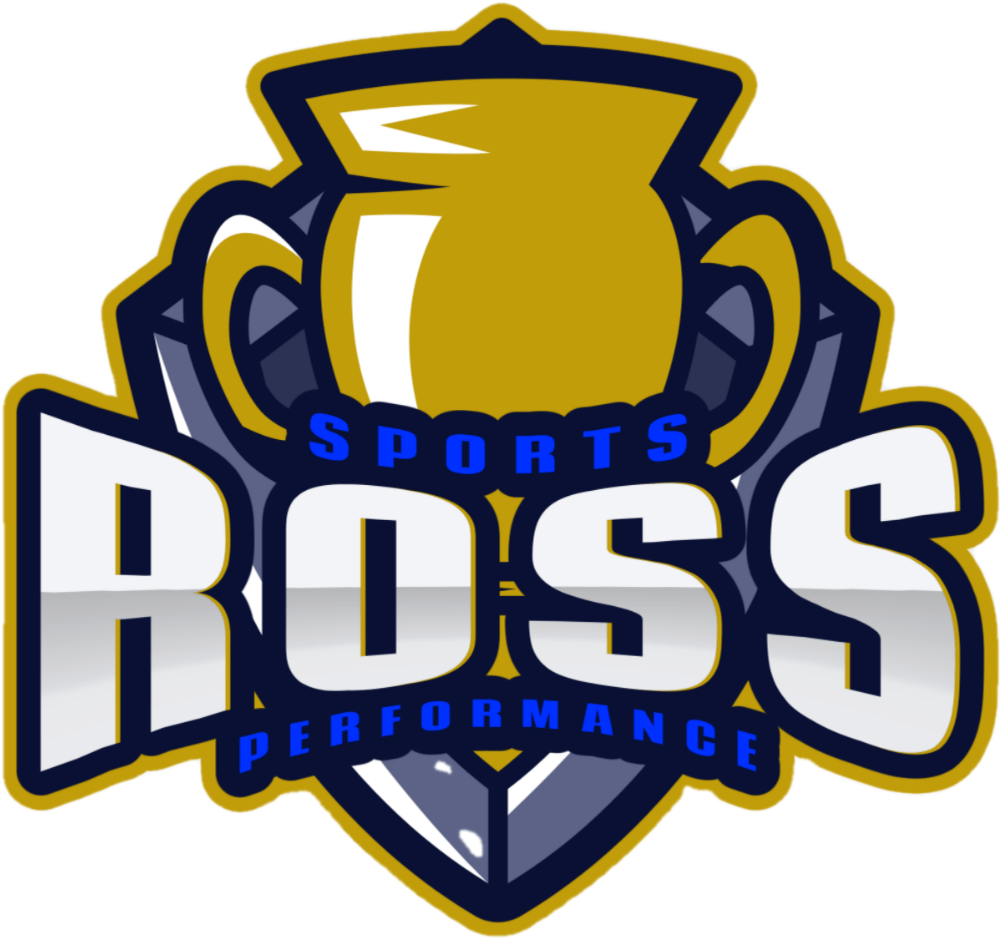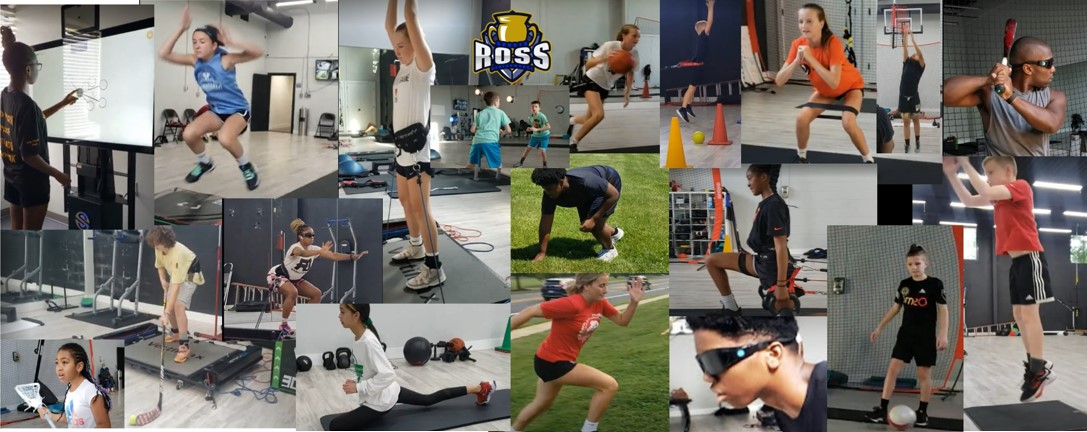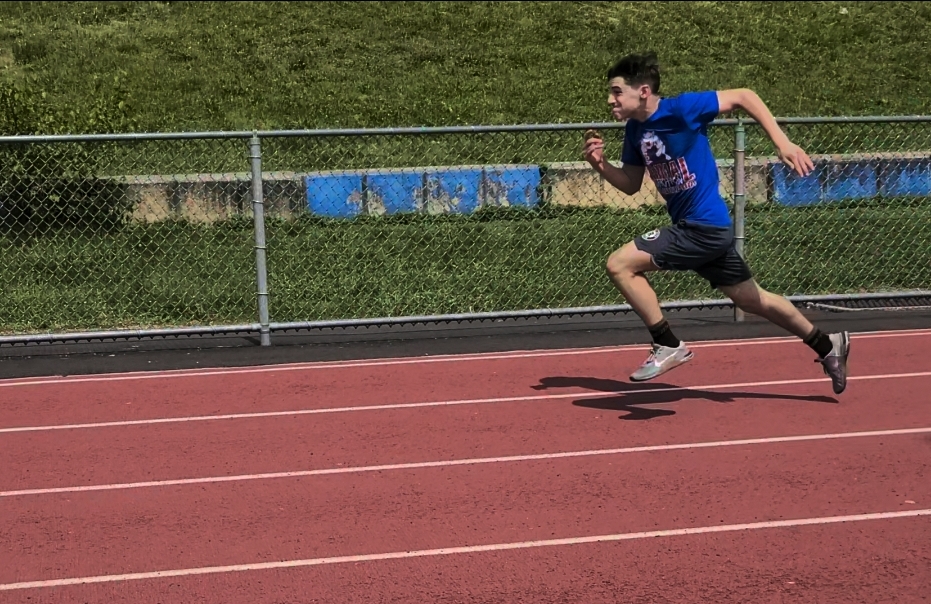As we know, boxing is a physically demanding sport that requires a combination of skill, strength, agility, and mental fortitude. To excel in the ring, boxers need to be not only physically fit but also possess exceptional cognitive abilities. This is where neural training, a cutting-edge approach to sports performance, comes into play. Neural training focuses on enhancing the brain’s ability to process information and make split-second decisions. For boxers, in particular, this gives them a significant advantage in the ring.
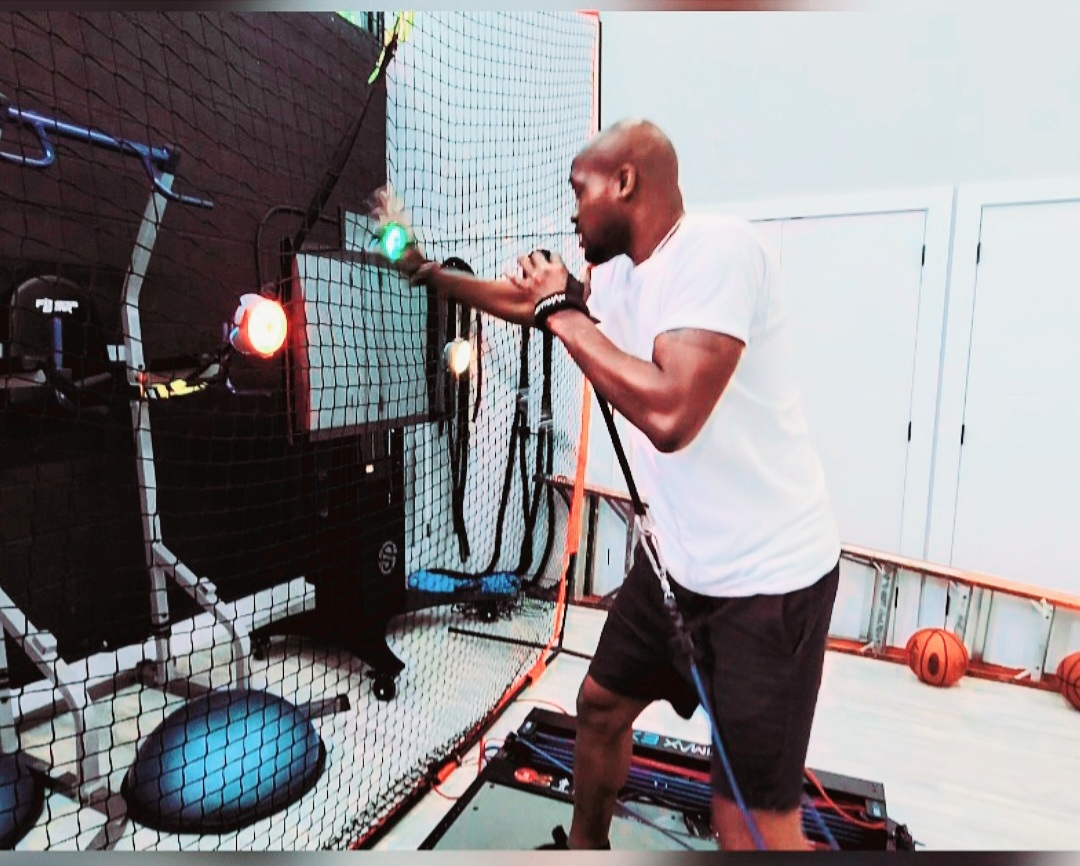
Here are five key benefits of neural training for boxers:
1. Heightened Focus and Reaction Time
Boxing matches are won and lost within fractions of a second. Neural training exercises can improve a boxer’s focus and reaction time, allowing them to respond swiftly to their opponent’s movements and attacks.
We use specific drills that challenge cognitive processing to enhance their ability to anticipate and react with lightning speed. This heightened focus and reaction time enables boxers to effectively dodge punches, counterattack, and maintain control over their bout.
2. Improved Decision-Making Skills
Neural training helps boxers develop exceptional decision-making skills, a crucial element in the heat of a boxing match. By simulating different scenarios and employing cognitive exercises, boxers can enhance their ability to make split-second decisions under pressure.
They learn to analyze their opponent’s patterns, adapt their strategy, and identify the most opportune moments to strike. Improved decision-making skills enable boxers to maintain composure in the face of adversity and seize advantageous situations, ultimately leading to more successful outcomes.
3. Enhanced Cognitive Endurance
Boxing matches can be mentally exhausting. It requires boxers to sustain focus and mental acuity over several rounds. Neural training aids in strengthening cognitive endurance, allowing boxers to maintain peak performance for longer durations.
Our training consists of engaging boxers in neural exercises that challenge memory, and, attention, while processing speed and, in some cases, utilizing resistance. This can help boxers significantly reduce mental fatigue during matches. It helps them to stay sharp and maintain their strategic edge throughout the fight, even as physical fatigue sets in.
4. Improved Coordination and Timing
Effective boxing involves precise coordination of footwork, hand-eye coordination, and overall body movement. Neural training can help boxers enhance their coordination and timing, leading to more accurate and powerful punches.
By engaging in exercises that integrate visual tracking, motor skills, and reaction timing, boxers can fine-tune their movements and develop greater efficiency in executing techniques.
This increased coordination and timing translate into improved accuracy, speed, and overall boxing prowess. We incorporate Senpatec Vision Eyewear and vision board exercises in our training to heighten hand-eye coordination and other training modalities to fine-tune coordination and timing.
5. Increased Confidence and Mental Resilience
Neural training not only enhances physical and cognitive abilities but also boosts a boxer’s confidence and mental resilience. Through regular training that challenges their cognitive limits, boxers develop a stronger belief in their abilities and build mental resilience to overcome obstacles.
This newfound confidence allows them to approach matches with a positive mindset, making them more assertive and less prone to distractions. Additionally, neural training equips boxers with the mental tools to handle high-pressure situations, recover from setbacks, and maintain focus, which is crucial for success in the ring.
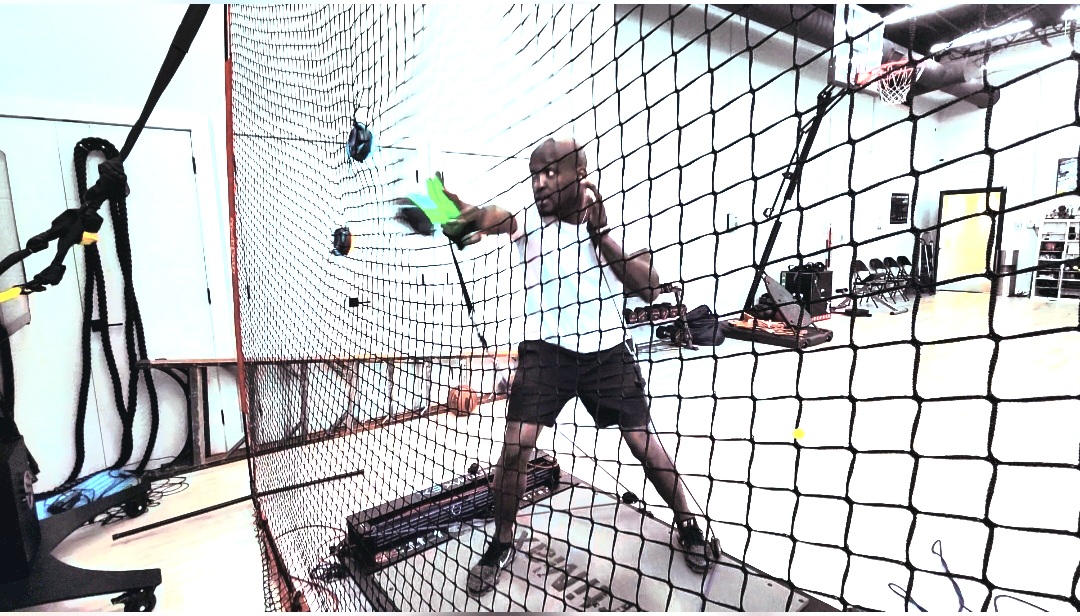
Contact us today for a neural training assessment and program today.
